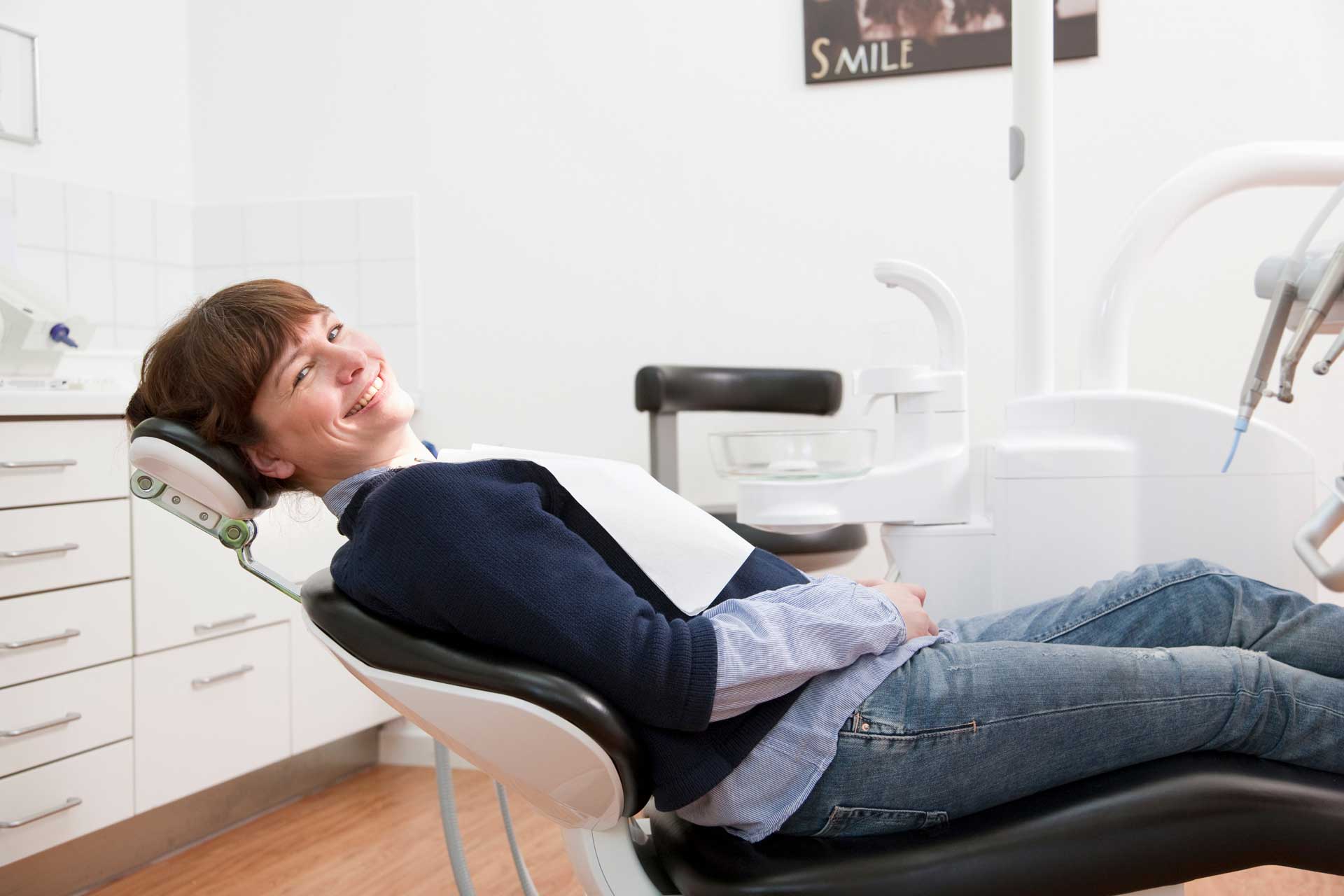Dental Extractions
Dental Extractions with Gulf Coast Health Center

Throughout the course of life, it is likely that at some point you will need to have a dental extraction, or a tooth removed. Tooth extractions become necessary for many reasons, including:
- Damage or decay which cannot be repaired with a root canal, crown or implant
- Advanced infection which cannot be treated with antibiotics
- Advanced gum disease
- Allow teeth to align properly
- Make space for adult teeth in children or for orthodontic equipment
- Prevent infection in high-risk patients
Preparing for Your Appointment
Prior to an extraction appointment, our dentist might prescribe you an antibiotic or recommend a prescription mouth rinse to alleviate pain prior to the extraction and to prevent infection.
What to Expect During a Tooth Extraction Appointment
Your appointment and the type of tooth extraction you receive will depend on your oral health and condition. There are two types of dental extraction procedures:
- Simple Extraction – A simple extraction can usually be performed when part or all of the suspect tooth is visible above the gum line. During a simple extraction, the dentist numbs the patient using local anesthetic and loosens the tooth with an instrument called an elevator. Our dentist will then gently pull the tooth with forceps. Although numb, patients usually remain awake throughout a simple extraction.
- Surgical Extraction – Surgical extractions are used to remove teeth which have not yet erupted or which have broken off at the gum line. During a surgical extraction, the qualified dentist or oral surgeon accesses the tooth through an incision in the gums. Depending on the tooth’s development, some jaw bone may need to be removed or the tooth might need to be extracted in pieces. Surgical extractions can sometimes be performed with local anesthetic only, but other times general anesthesia might be recommended.
Patients should not experience any pain, but will feel pressure at the extraction location as the dentist loosens the tooth. To determine the appropriate method of tooth extraction for each patient, our dentist will take and evaluate x-rays of the patient’s mouth.

Recovering from a Tooth Extraction
Following a tooth extraction, healing can take several days. Be sure to follow all of your dentist’s post-extraction care instructions to prevent infection or further complications.


